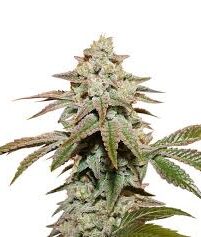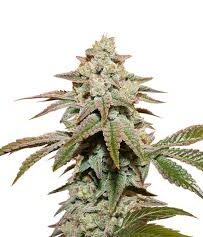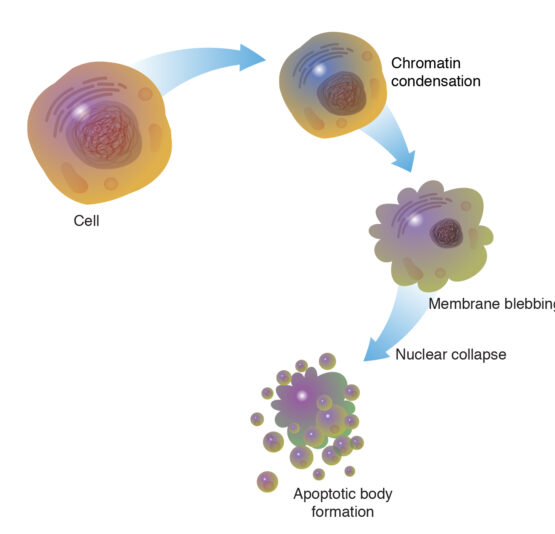


Top 10 Recommendations for New Cannabis Consumers
Starting a cannabis regimen requires knowledge of the varieties, strengths and forms of cannabis legally available.
Cannabis Legalization Shows
Decline in Opioid Deaths
University of Pittsburg studies decline in opioid deaths following cannabis legalization where data is available. There are studies that suggest that cannabis can be used as an alternative to opioids for pain management, which could potentially reduce the risk of opioid overdose.
One study published in The Journal of Pain found that patients with chronic pain who used cannabis reported a 64% decrease in the use of opioids. Another study published in The Clinical Journal of Pain found that cannabis use was associated with a 45% reduction in opioid use in patients with chronic pain. A third study, published in the American Journal of Public Health, found that states with medical marijuana laws had a 24.8% lower mean annual opioid overdose death rate compared with states without such laws.
Find Homeostasis
Cannabis helps the body find the balance wellness craves.
Learn how cannabis titrated correctly can heal body imbalances.
What is Apoptosis?
Cannabis contains a number of compounds, including cannabinoids such as THC (tetrahydrocannabinol) and CBD (cannabidiol), which have been shown to have a variety of potential therapeutic effects, including the ability to induce cell death in cancer cells. This process, known as apoptosis, is a natural mechanism that helps to regulate the growth and division of cells in the body. When cannabis is used as a treatment for cancer, the goal is often to use specific doses of THC and CBD in order to trigger apoptosis in cancer cells while minimizing any potential negative effects on normal, healthy cells. This process is known as cannabis titration.
There is still much that researchers do not know about the precise mechanisms by which cannabis may induce apoptosis in cancer cells, and more research is needed to understand how to optimize the use of cannabis for this purpose. However, it is thought that the cannabinoids in cannabis may interact with receptors in the body known as cannabinoid receptors, which are found on the surface of many types of cells, including cancer cells. These interactions may then lead to changes in the signaling pathways within cells, which can ultimately result in the initiation of the apoptotic process.
It is important to note that cannabis is not a proven treatment for cancer, and more research is needed to fully understand how it may be used to induce apoptosis in cancer cells. In addition, the use of cannabis as a treatment for cancer should be guided by a healthcare professional, as it can have potential side effects and interactions with other medications.

WHY DO I CARE ABOUT APOPTOSIS?
CANNABIS CURES
There are testimonials across the world of cannabis providing last minute cures for individuals fighting the diagnosis of cancer. Cannabis destroys cancer cells without destroying surrounding cells or tissue. Unlike chemo and radiation, cannabis can provide an option without ruining the remaining immune system.
Post Covid Realities
Recreational Cannabis Provides a Different "Good Time" Than Alcohol
Which Chemovars Are Best for Social Use
Deciding How to Consume
Journaling For New Users
“Life is what happens to you while you’re busy making other plans.”
John Lennon
STEP 01
Order your copy of LIVING HIGH, A Stoners' Guide to Christian Cannabis
STEP 02
Learn to treat cannabis as medicine and watch your life & health improve
STEP 03
Write TPM and let us hear about your cannabis journey and success
- Keep your cannabis use private and only consume it in the privacy of your own home.
- Avoid smoking or vaporizing in public spaces or in front of others.
- Be discreet when purchasing cannabis from dispensaries or other sources.
- Be mindful of the smell of cannabis and take steps to conceal it, such as using odor-eliminating products.
- Be aware of your company's drug testing policies and take steps to avoid testing positive.
- Be cautious about discussing your cannabis use with colleagues or superiors, as it may be viewed negatively.
- Keep in mind that cannabis laws and attitudes towards cannabis use can vary greatly depending on your location and place of work.
Cannabis Christians
Not welcome in many churches due to lies and distrust of the cannabis derived medicines on which Christians who consume rely. Remember, all you need is God's word - nothing is required but Jesus.

Headset No Longer Wired For Sound


